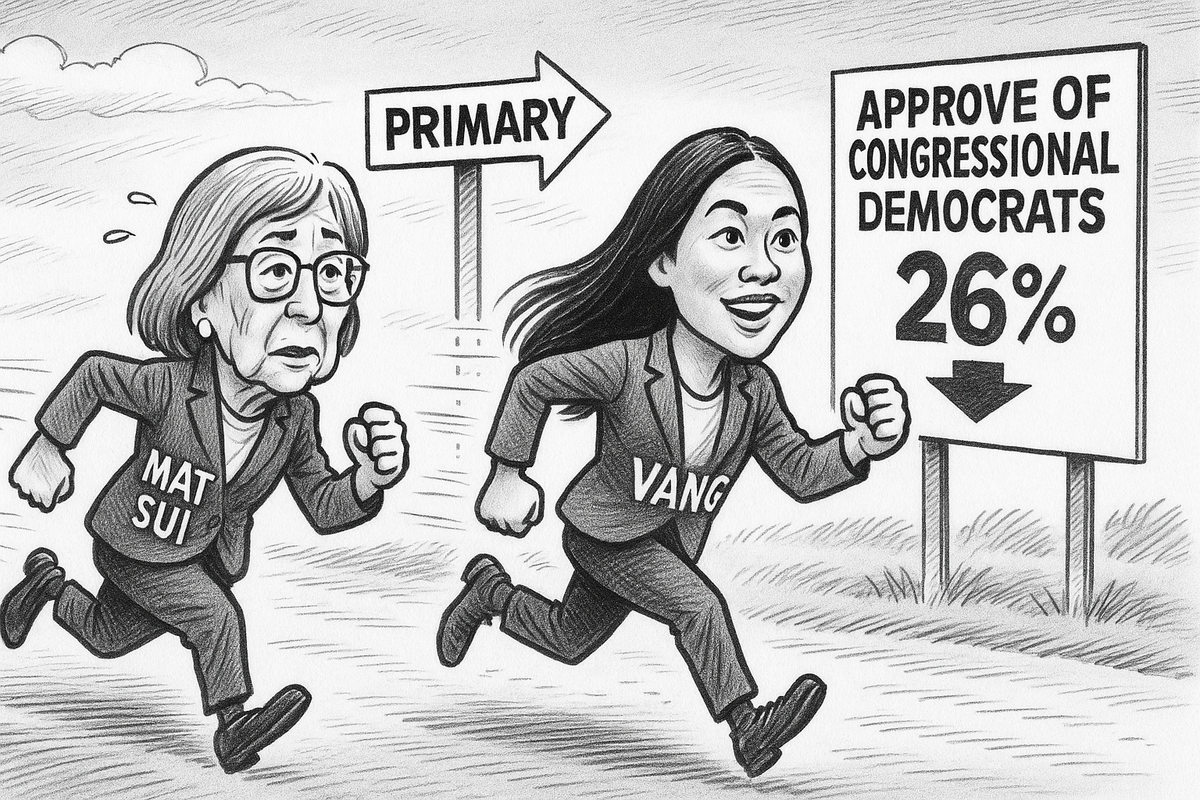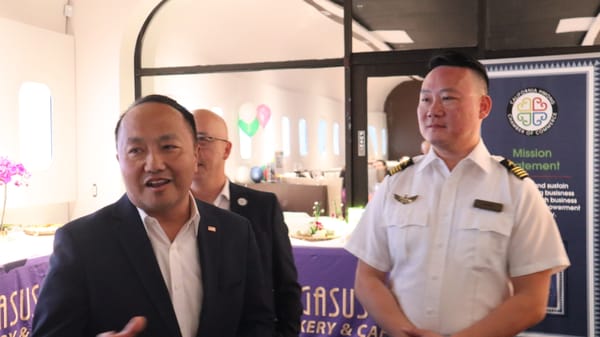When the Polls Turn Against the Party: Vigor vs. Complacency in the Vang–Matsui Contest
In a past election cycle, a challenger with less financial backing and institutional reach struggled to make traction against Congresswoman Doris Matsui.

In a past election cycle, a challenger with less financial backing and institutional reach struggled to make traction against Congresswoman Doris Matsui.


The chamber will now absorb a civil rights advocacy group Ly founded, the Asian American Civil Liberties and Anti-Defamation (AACLAD) organization.

Meetings and Events in Elk Grove

Our Elk Grove rural roots began in April 1984, when we bought a house on Sandage Avenue on 2 ½ acres.

We're quite sure most people will not share in the blame for Trump's ascendency in American politics, but there is no escaping the fact that Trump is a product of our society.